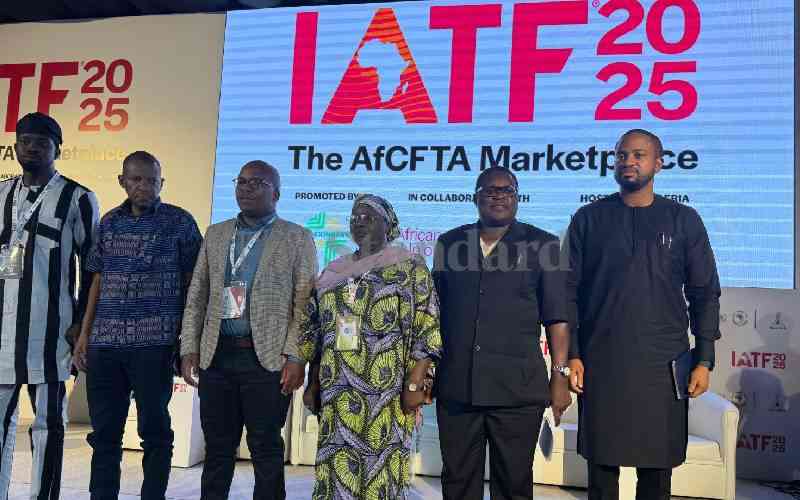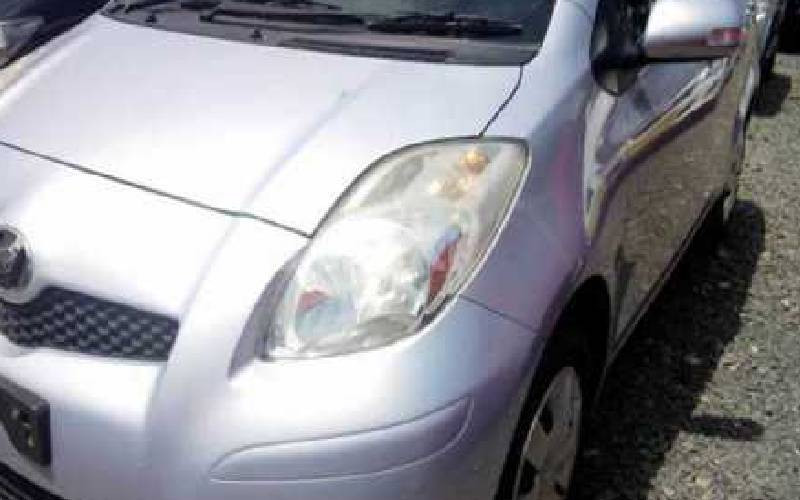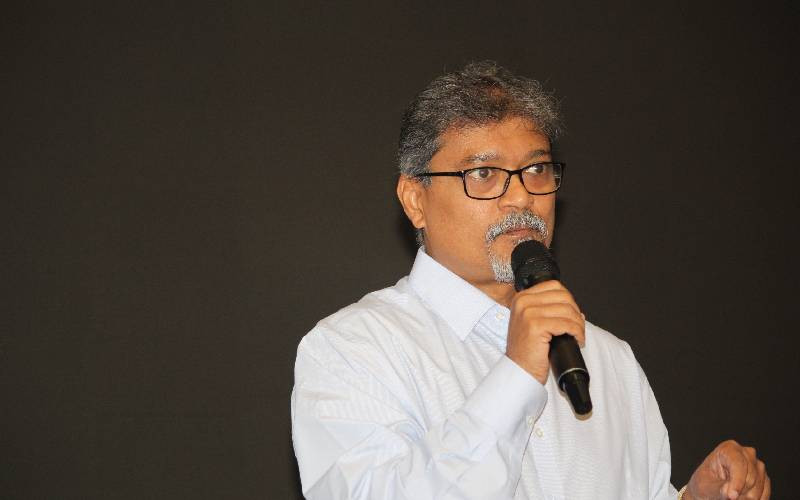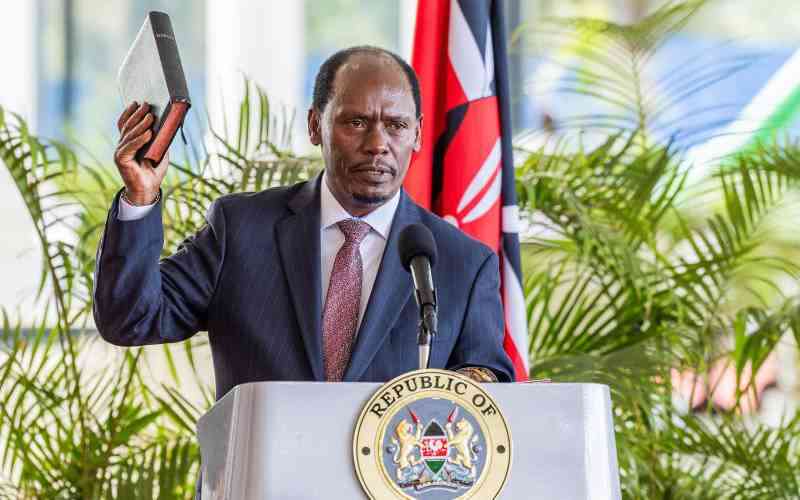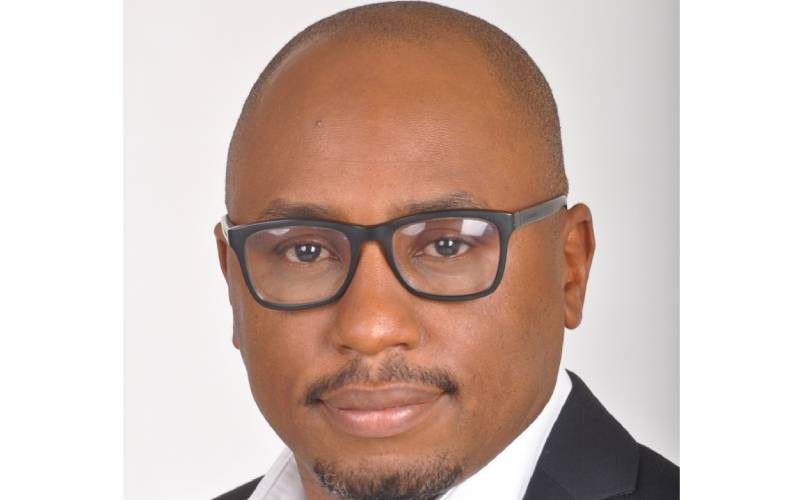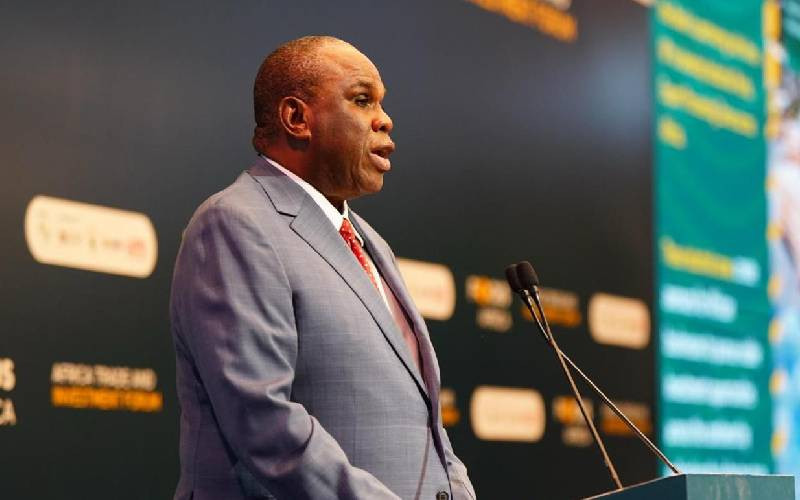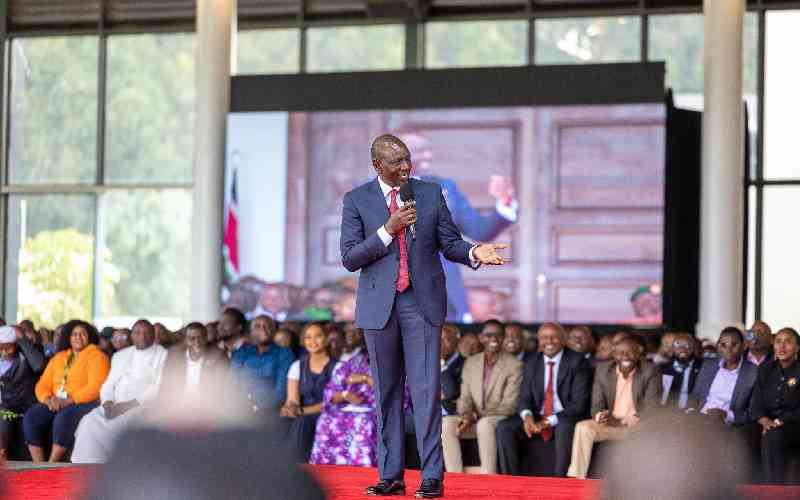
President William Ruto on Tuesday declared once again that he is going to go out of his way to “make sure Kenya catches up with Singapore.” On the surface, his statement, like many others made in recent times sounded the kind of bold, inspiring rhetoric that leaders love to serve us.
But when you peel back the layers, his words feel less like a serious development strategy and more like a cruel joke on a weary citizenry that has been fed the same promises, recycled for over 60 years now. And while Dr Ruto is not the first leader to invoke this comparison, as president, he has preached it more frequently than his four predecessors.
The uncomfortable truth is that comparing Kenya to Singapore is not just ambitious but also delusional. Delusional because the gulf between the two countries is not a matter of fate, but the direct result of the political choices our leaders have made since independence, and by extension, the choices we as citizens have made in electing them.
In 1963, Kenya gained independence. Two years later, Singapore became an independent republic after splitting from Malaysia. At the time, both countries were poor, fragile, and deeply uncertain about their futures. Kenya had coffee, tea, and fertile soils. Singapore on the other hand had none of these, only a swampy island with a hostile neighbourhood.
Yet, today, Singapore is a global economic hub with a GDP per capita estimated above 80,000 dollars, one of the cleanest cities in the world, and a corruption perception score that puts it among the most transparent governments globally. Kenya, on the other hand, is struggling under a mountain of debt, battling rampant corruption, bad governance and still asking its citizens to tighten belts already worn to the last notch.
But what explains the divergence? The answer is the leadership, accountability, and political will. You see, Lee Kuan Yew, Singapore’s founding Prime Minister, was not perfect. He was much like our leaders. The only difference is that he was uncompromising on two things. Discipline and corruption. Ministers caught stealing were not shielded. They were prosecuted immediately. Meritocracy drove public appointments, and long-term planning guided the economy. The Singaporean elite sacrificed comfort for the nation’s growth, building institutions that outlasted personalities.
Contrast this with Kenya, where corruption has become a career ladder. Theft of public funds is rarely punished. Instead, it is rewarded with promotions, political protection, or even re-election. Competence is almost never the yardstick. State appointments are dictated not by merit but by cronyism, patronage, and loyalty tests. Cabinet slots and parastatal jobs are handed out like thank you notes to campaign financiers, political allies, or loyal tribesmen, rather than entrusted to those capable of serving the nation.
Nepotism and tribal balancing decide who gets to lead sensitive agencies, while in some cases, sexual favours have now become an unspoken but real currency for securing lucrative public jobs. Rather than anchoring the country in long-term planning, Kenyans have for decades been fed a diet of hollow slogans: “Digital Superhighway.” “Big Four Agenda.” “Hustler Nation.” And now, the grand promise of a “Singapore dream.”
Since independence, Kenya’s politics has been personalised, tribalised, and monetised.
In every administration, politics has been less about service and more about self-preservation. Kenya’s elites have built empires for themselves while citizens queue for things like unga subsidies. Singapore, on the other hand, was ruthless in cutting down corruption. Kenya has been ruthless in perfecting it.
Ruto’s statement is nothing new. He has previously promised to make Kenya the next “Singapore,” “Malaysia,” or even “South Korea.” But the gap between his grand words and actual deeds is like day and night. Indeed, if endless motivational speeches built nations, Kenya would already be a global superpower.
You cannot preach Singapore while presiding over a ballooning debt crisis where billions are stolen before projects break ground. You cannot preach Singapore with a tax regime choking citizens while investors move to other countries. You cannot preach Singapore while normalising corruption culture where “eating” is the unofficial national hobby. You cannot preach Singapore while weakening institutions that should check the excesses of the political class. Kenya will never catch up with Singapore through tokenism and handouts clothed as tools of empowerment.
Dreams and aspirations are fine, but they do not build nations. Discipline, honesty, and courage do. Singapore’s leaders built their country through sweat and sacrifice. Our leaders, by contrast, build on slogans, PR, and populism. The tragedy of our country is not a lack of resources but a surplus of selfish politicians. Singapore’s leaders understood that prosperity depended on strong, depersonalised institutions. Kenya’s leaders, including Ruto, insist on turning every institution into an extension of personal power.
That is why statements like “catching up with Singapore” ring hollow. They are not blueprints but mere slogans, no different from the “one term, two terms” nonsense that only serves as distraction. Such rhetoric is designed to buy time, lull the public, and keep Kenyans hoping while the looting spree continues.
Mr President, Kenya will not become Singapore through motivational speeches. It will not become Singapore while you surround yourself with individuals tainted by corruption scandals. It will not become Singapore while political loyalty, patronage, and tribal arithmetic outweigh competence. And it certainly will not become Singapore while we continue glorifying thieves and money launderers as “business moguls” instead of prosecuting them.
Stay informed. Subscribe to our newsletter
